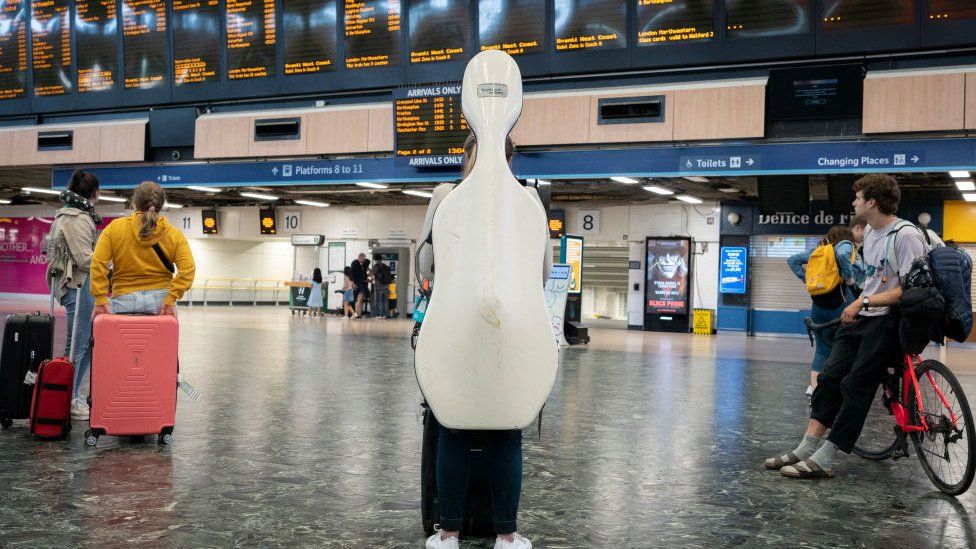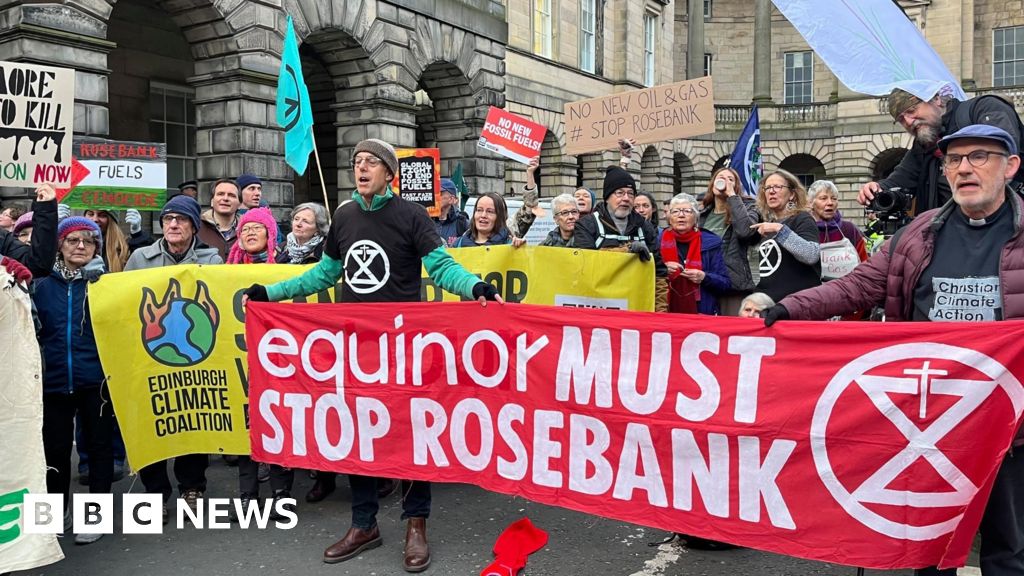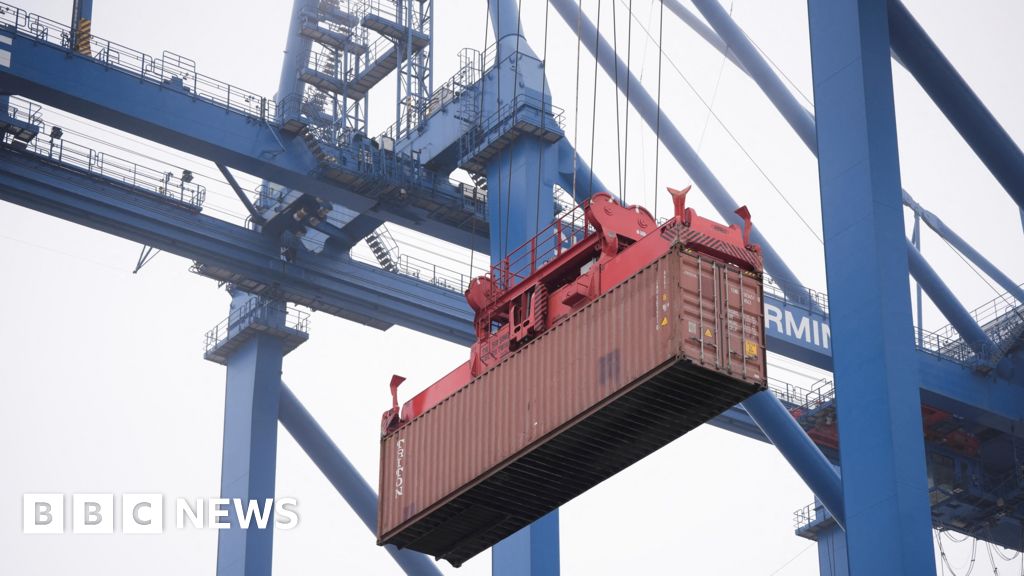ARTICLE AD BOX
By Charley Adams
BBC News
 Image source, Getty Images
Image source, Getty Images
Workers at Network Rail and 14 train operators are to strike for another two days in August in a row over jobs, pay and conditions, the RMT union has said.
Members of the union will walk out on 18 and 20 August.
The RMT had already announced a strike for 27 July, the day before the Commonwealth Games opens in Birmingham.
It comes after thousands of train operator and Network rail workers walked out in a national strike in June - the biggest of its kind in decades.
Separately, train drivers at eight rail companies have also agreed to strike on 30 July in a dispute over pay, union Aslef has said.
Separately, train drivers at eight rail companies have also agreed to strike on 30 July in a dispute over pay, union Aslef has said.
During the strikes in August, some 40,000 workers across Network Rail are expected to walk out.
RMT general secretary Mick Lynch said the government and rail industry needed to understand that the "dispute will not simply vanish".
"They need to get serious about providing an offer on pay which helps deal with the cost-of-living crisis, job security for our members and provides good conditions at work."
He said the union would remain open for talks "but we will continue our campaign until we reach a negotiated settlement".
Andrew Haines, chief executive of Network Rail said: "By announcing even more strike dates, the RMT has dropped any pretence that this is about reaching a deal."
He said the best interests of passengers and staff is taking "second place to the union's bosses' political campaign".
Earlier this week, Network Rail made workers a fresh pay offer it said was worth more than 5% - but the offer depended on workers accepting "modernising reforms".
Mr Haines previously said Network Rail could only fund a pay increase from its own budgets. He said it would only have enough money to do that by modernising the working practices.
A Department for Transport spokesman said the strikes will be a "kick in the teeth for millions of people".
"As the secretary of state said only yesterday, recent talks have merely been for show while the RMT have been planning how best to create further misery for passengers across the UK."
They said the rail industry "has to modernise and be brought into the 21st century" and "we're extremely disappointed to see more strikes announced".
Image source, PA Media
Image caption,RMT general secretary Mick Lynch stood at picket lines outside Euston station in London in June
The industrial action in June, Britain's largest strike in 30 years, brought the rail network to a standstill.
The RMT held three strikes over a course of a week which severely disrupted services across the country.
Workers across London tube services also walked out for one day in June.
The Rail Delivery Group said it was a "hugely disappointing announcement" that would upset summer plans for passengers, undermine struggling businesses and "upend the industry's recovery".
"We want to give our people an increase in pay, but asking the taxpayer to shoulder more of the burden… isn't fair or sustainable."
They asked RMT's leadership to continue talking to find a deal that works for "our people, our passengers and for taxpayers".

 2 years ago
25
2 years ago
25








 English (US)
English (US)